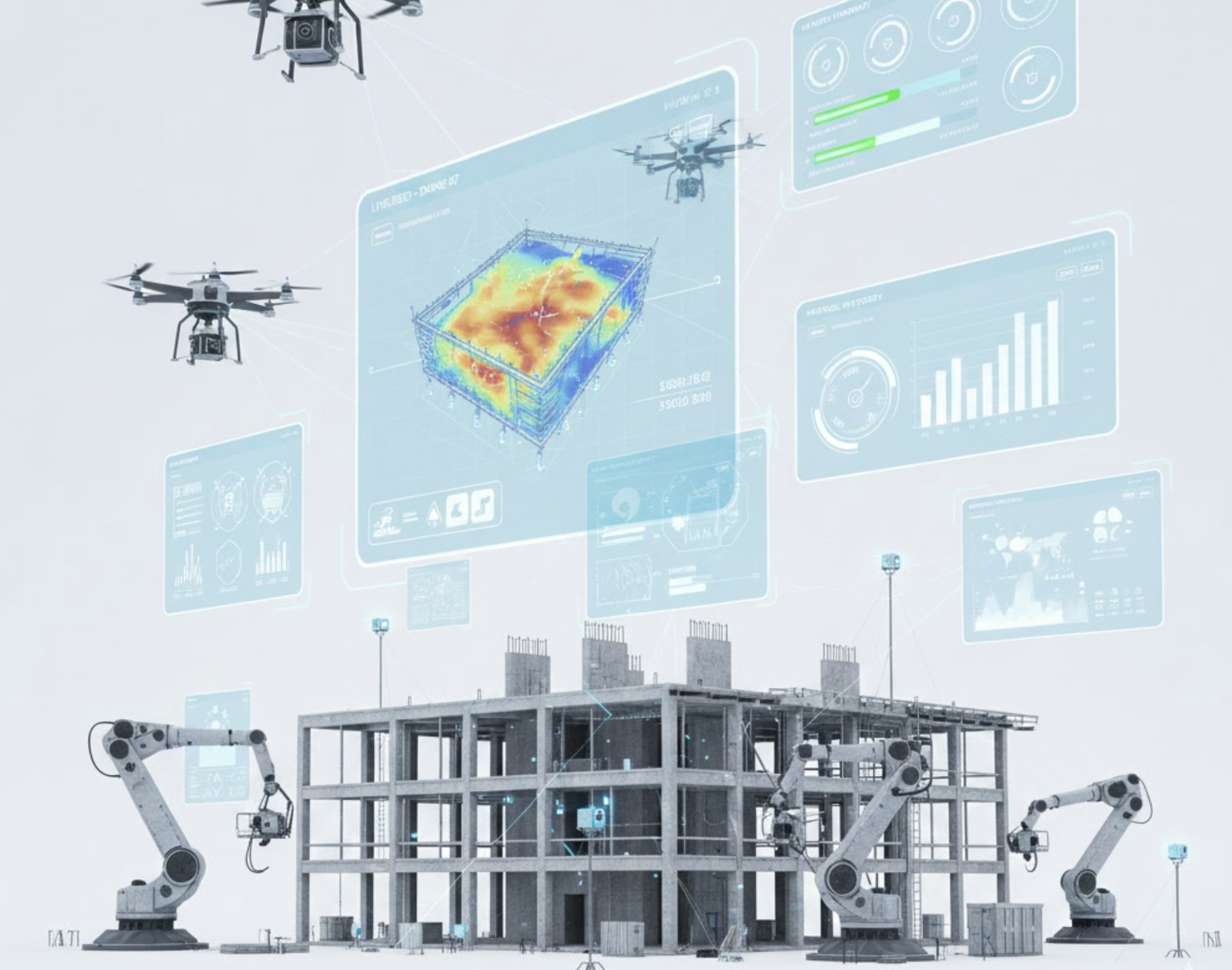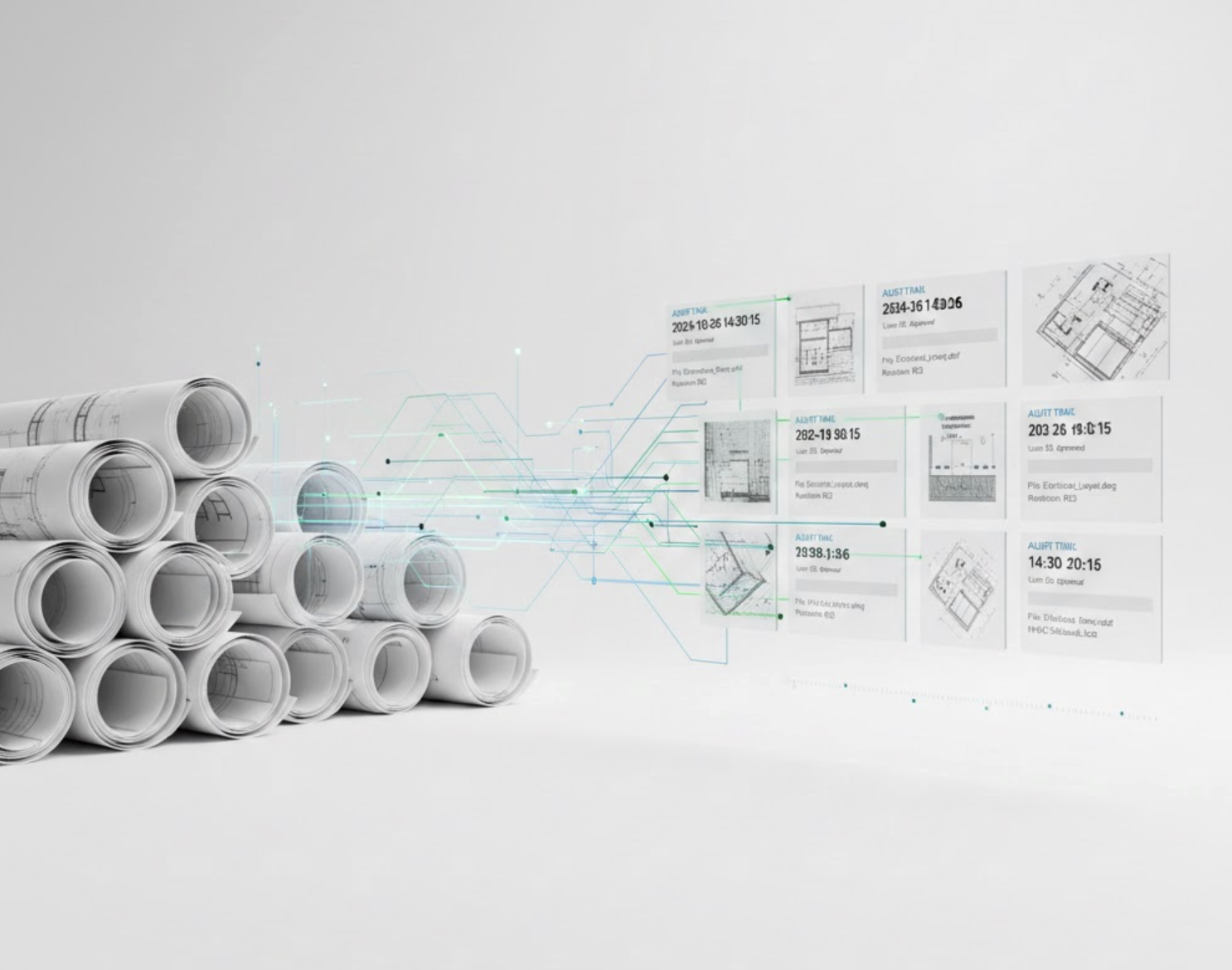Bridging Time Zones: Remote Monitoring for International Project Teams
Remote project management has evolved into a cornerstone strategy for organizations navigating the complexities of the global economy. It allows businesses to access international talent and expertise, driving productivity and efficiency across borders. In this blog post, we will explore the key concepts, challenges, best practices, and solutions related to remote monitoring for international project teams, with a focus on utilizing construction project management software that offers robust functionalities to address the demands of remote work.
Key Concepts in Remote Project Management
Working remotely introduces several important concepts that form the foundation of successful international project management:
- Global Collaboration: Efficient collaboration across different geographic locations is vital for project success. Remote project management allows teams to tap into a diverse talent pool, enhancing overall productivity.
- Virtual Communication: Effective communication remains critical for remote teams. Project managers must ensure that team members can communicate seamlessly using various tools and strategies to maintain engagement.
- Time Zone Management: Geographical diversity necessitates diligent time zone management. Utilizing tools that facilitate real-time tracking and coordination is crucial for project success.
Challenges in Remote Project Management
While remote project management offers many advantages, it also comes with its own set of challenges:
- Virtual Communication: Approximately 46% of project managers report difficulties with effective virtual communication, highlighting the need for reliable communication tools.
- Managing Timelines: Roughly 43% of project managers struggle to manage timelines effectively in a remote setting, underscoring the importance of employing robust construction project tracking software.
- Building Trust: Unfortunately, 55% of managers encounter challenges in fostering trust within their teams. This emphasizes the necessity of trust-building strategies to create a cohesive team environment.
Best Practices for Successful Remote Project Management
To navigate the challenges of remote project management effectively, consider adopting these best practices:
- Effective Communication: Establish clear communication channels and leverage tools like chat applications, announcement platforms, and feedback mechanisms to facilitate interaction among team members. Regular virtual meetings are essential for maintaining engagement and connection.
- Clear Goals and Expectations: Defining precise project goals and work hours will help your team understand their responsibilities. Establish the frequency of check-ins to ensure everyone is aligned and working towards the same objectives.
- Cultivate a Strong Team: Building trust within a remote team requires fostering an environment of open communication and recognizing individual contributions to ensure team members feel valued.
- Utilize Collaboration Solutions: Embrace project management tools that incorporate predictive analytics to monitor progress and optimize workflows in real-time, aiding teams in addressing potential challenges preemptively.
Essential Tools and Solutions for Remote Project Management
To effectively manage remote teams, utilizing the right tools is crucial:
- Real-Time Tracking: Platforms like Zepth provide real-time tracking features that enable project managers to monitor progress across various time zones effectively, ensuring timely completion of deliverables.
- Collaboration Tools: Tools that enhance communication and coordination, such as Zepth’s collaboration solutions, are indispensable for keeping all team members aligned, irrespective of their locations.
- Predictive Analytics: Integrating predictive analytics capabilities into your workflow allows teams to anticipate potential issues and adapt accordingly, ensuring smoother project execution in remote settings.
The Benefits of Remote Project Management
Investing in effective remote project management practices and tools can yield significant advantages:
- Productivity Enhancement: Organizations that adopt remote project management strategies can boost productivity by an impressive 20%, as reported by Wrike. This productivity boost is crucial for meeting deadlines and minimizing overall project costs.
- Improved Project Delivery: According to APMG International, 73% of organizations experience improved project delivery performance with virtual management, highlighting the transformative impact of digital tools.
- Investment in Training: Many organizations, approximately 52%, are investing in training for virtual project management to address the challenges associated with remote work, indicating a shift towards more sustainable practices in the industry.
How Zepth Can Help You Navigate Remote Project Management
Zepth’s platform is specially designed to cater to the demands of diverse teams engaged in international construction projects. It offers features such as real-time tracking, collaboration tools, and predictive analytics, all vital for maintaining productivity and ensuring smooth project operations regardless of geographic constraints.
For comprehensive solutions tailored to your construction project management needs, you can explore Zepth’s [construction management solutions page](https://www.zepth.com/).
By embracing best practices in remote monitoring and leveraging advanced tools like Zepth, international teams can effectively tackle the challenges of remote project management, foster collaboration, and achieve successful project outcomes.




